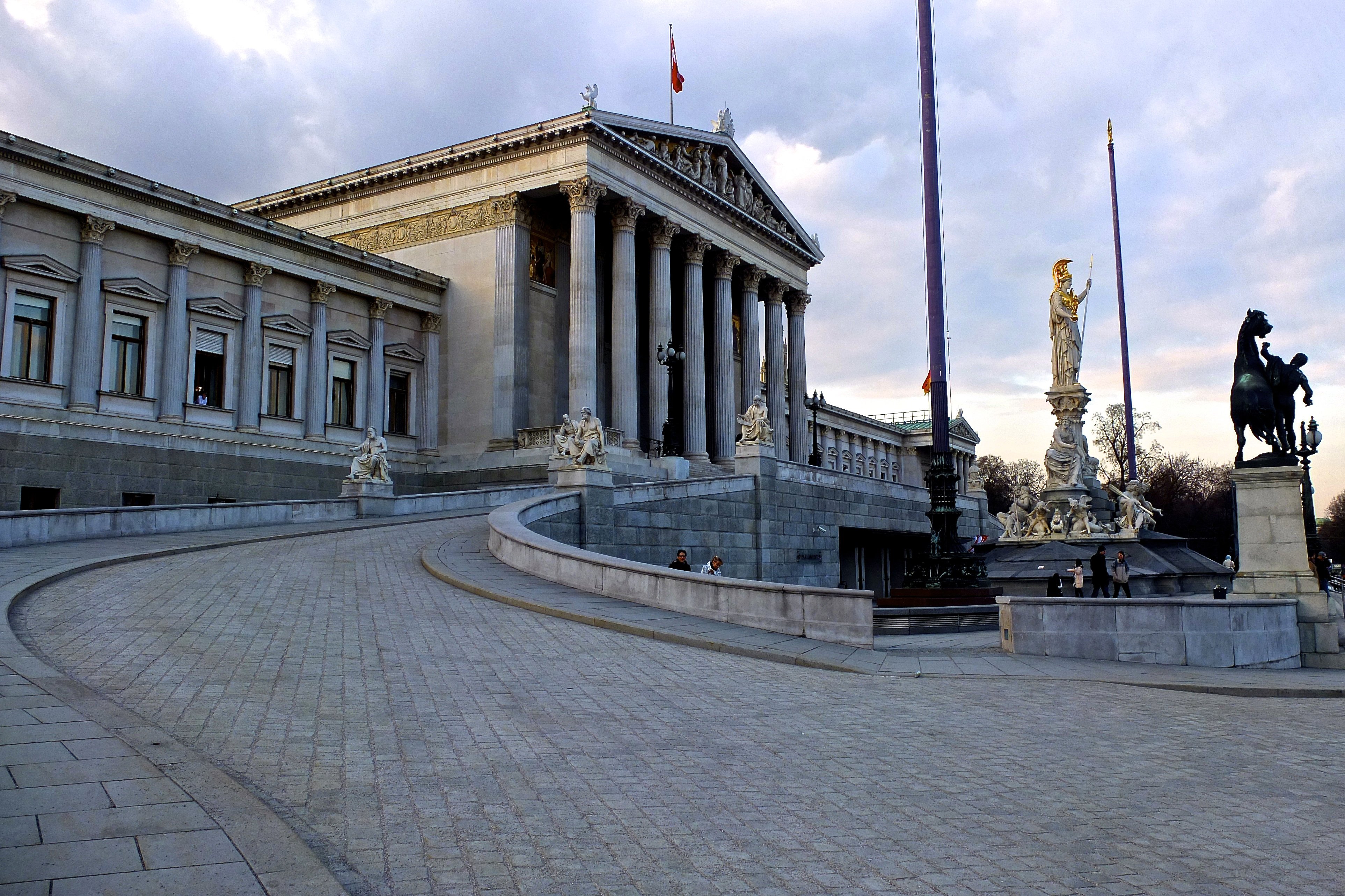Attitude city guide: Vienna
By Will Stroude

At the Eastern and Western European crossroad sits Vienna, Austria’s historic capital.
With the grandiose architecture of its Roman and Austro-Hungarian empires and the unimposing decorative graffiti of Berlin today, Vienna is arguably Europe’s all encompassing show-home. Alongside its abundant palaces and opera houses, there is a rich gay history in its narrow cobbled streets, along with a sizeable gay scene that welcomes even the most jaded traveller. Prominent nobles, generals and artists have left a prominent queer mark on the city, perhaps most notable of all being Prince Eugene of Savoy (1663-1736), Austria’s most celebrated general in imperial military history with a love for art, women’s clothes and the company of men. Then there’s the gay couple responsible for the architecture of the Staatsoper – Austria’s National Opera House – who faced hostile criticism for its unpopular sunken design, leading to the suicide of one of the two, Edward Van Der Nüll.
The city of waltzes reaches its peak in January and February, when it exuberantly celebrates its ball season (Vienna hosts more than 450 balls each year). Everyone from jurists, hunters, doctors and confectioners are gifted their own ball in one of the city’s palaces or grand hotels. The old tradition is unique and not to be missed, like a step back in time with authentic Viennese waltzing for which a dance class is thoroughly enjoyable and recommended (no mercy is given to those who can’t keep up). Amongst these balls are a number of vibrant gay specific soirees, the biggest of which is the Life ball in May – held at the city’s most famous landmark, The Vienna City Hall – and the Rainbow Ball in February – a more formal affair at Parkhotel Schönbrunn.
Beautiful all year round, the city also boasts one of Europe’s best culinary experiences, showcasing its Eastern and Western influences in equal measure. Schnitzel and bratwurst vendors are plentiful, lining streets also laden with Vienna’s famous coffee house culture, for which strudel is served like nowhere else, as well as the world famous sachetorte, a rich chocolate cake thinly coated with apricot jam and chocolate icing. On top of this, Viennese cuisine reaches its apex in its unique fine dining culture
Where to eat:
Vibrating Dinner Club Albertina Passage
Next to the Vienna State Opera, this is an exclusive and elegant underground restaurant given its namesake because the metro system runs right above it. Dishes are a mix of international and Viennese cuisine with a modern twist, and seating looks onto a stage which hosts live jazz music daily. Tres chic!
albertinapassage.at
Motto
Quirky and bohemian, from the outside Motto doesn’t appear anything special from the outside, but inside it’s lavish and decadent; a known favourite spot of Eurovision winner Conchita Wurst and known for an all-male waiting force who are as much a treat on the eyes as the food is. For dessert, try the germknoedel – a steamed Austrian dumpling with plum jam and basil ice cream.
motto.at
Where to stay:
25 Hours Hotel
In the city’s museumsquartier, the 25 Hours Hotel in Vienna is quirky and cool, themed around the institution of Viennese circus and featuring spectacular wall murals in each of the rooms (not for coulrophobes). With the feel of a funky hostel commune but the sleekness and service of a 5* hotel, it’s like stepping into another world.
25-hours-hotel .com/wien
What to do:
Cooking class at Kochsalon Wrenkh
Originally known for its sophisticated vegetarian cuisine, Wrenkh is a restaurant which now lists everything Viennese on its menu. The family run establishment runs culinary workshops on, among others, Viennese cuisine. We tried our hand at Strudel making, Schnitzel bashing, a veal stew and a beetroot quinoa risotto to die for.
wiener-kochsalon.com
More from Attitude city guides:
Attitude city guide: Fez, Morocco
Attitude city guide: Ronda, Spain
Attitude city guide: Seattle



